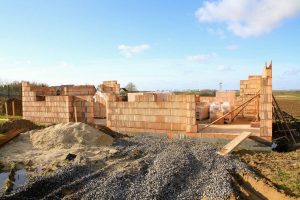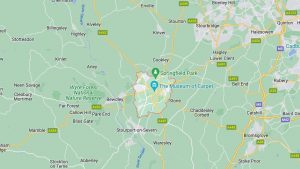In September 2016, NES transferred ownership of the National Home Energy Rating Scheme to Elmhurst Energy another independent accreditation scheme.
The NHER runs an accreditation scheme for energy assessors to produce the following:
- Energy Performance Certificates for existing dwellings, using RDSAP
- Energy Performance Certificates for new build dwellings, using SAP
- Energy Performance Certificates for non-domestic buildings dwellings, using SBEM
- Display Energy Certificates for public buildings, using DECs
The NHER scale for new build dwellings runs from 0 to 20, with 20 being best. It uses different criteria than the Standard Assessment Procedure (SAP) rating. The NHER rating takes into account the local environment and the effect it has on the building’s energy rating. The NHER calculates the costs of space and water heating but adds cooking, lights and appliances to give a comprehensive picture of energy usage in the home.
An average dwelling in England would currently score between 4.5 and 5.5 on the NHER scale. A gas-heated masonry semi meeting current United Kingdom Part L1 Building Regulations would score approximately NHER 10. A dwelling with a National Home Energy Rating rating 20 achieves zero CO2 emissions along with zero net running costs.




